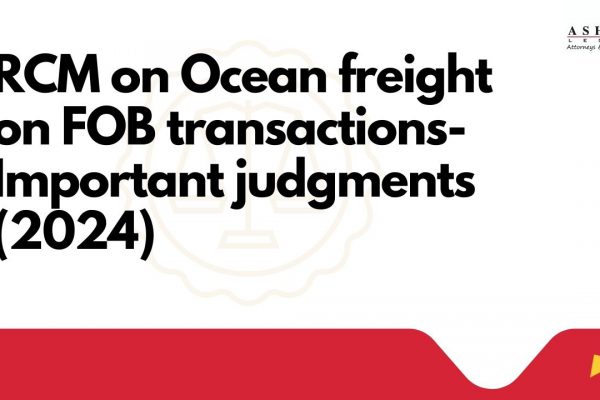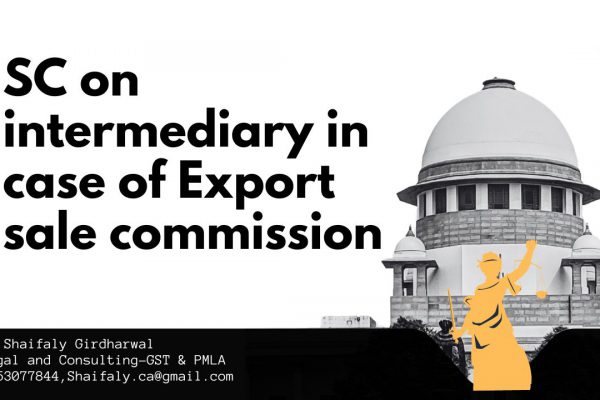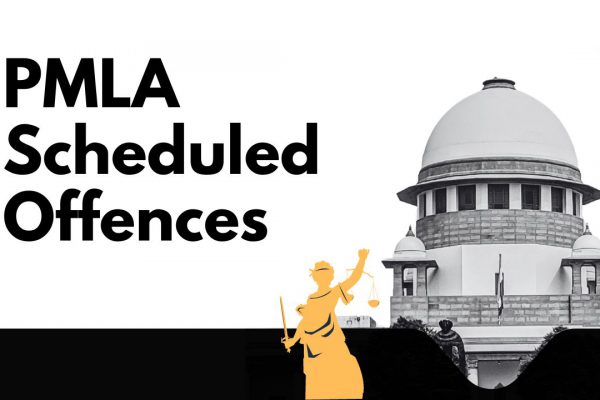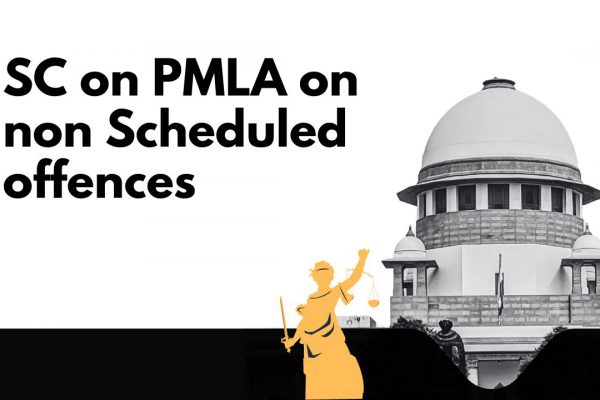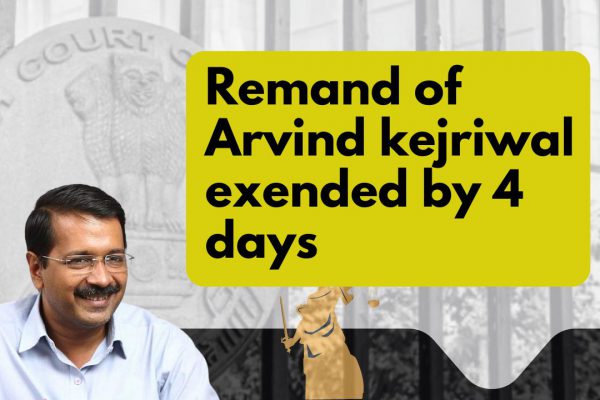“Deciphering GST on Corporate Guarantees: Navigating Uncertainties”
Introduction
Indirect tax experts are seeking clarity on the levy of Goods and Services Tax (GST) on corporate guarantees provided by Indian companies on behalf of their subsidiaries. A notification issued by the finance ministry in October 2023 has sparked discussions and raised questions regarding the taxation of such transactions.
Background and Context
The confusion stems from a 26 October notification clarifying the valuation of transactions involving corporate guarantees when no financial consideration is involved. This clarification followed a series of tax demand notices sent by the Directorate General of Goods and Services Tax Intelligence (DGGI) to Indian companies related to financial guarantees provided to their subsidiaries.
Uncertainties Regarding GST Levies
While the notification states that a notional value equivalent to 1% of the guaranteed sum will be attributed to such transactions, uncertainties remain. Experts are unsure whether GST will be levied annually or for the entire duration of the guarantee’s effectiveness. This lack of clarity poses challenges, especially for long-term agreements.
Valuation of Guarantees Issued Before the Notification
An area of contention is the valuation of guarantees issued before the finance ministry’s notification. With GST coming into effect in July 2017 and the notification issued in October 2023, experts are seeking clarity on the valuation methodology applicable during this interim period.
Debate Surrounding Letters of Comfort
Another source of confusion is the treatment of letters of comfort issued by companies on behalf of their subsidiaries. Unlike corporate guarantees, letters of comfort are not legally enforceable contracts. However, they play a role in facilitating business transactions and could potentially be subject to GST.
Expert Opinions and Interpretations
Experts have varying opinions on the taxation of corporate guarantees and letters of comfort. While some argue for GST levies based on the broader interpretation of related-party transactions, others contend that certain transactions may not qualify as taxable supplies under GST regulations.
Conclusion
The complexity surrounding the taxation of corporate guarantees and letters of comfort highlights the need for clear guidelines and consistent interpretations by tax authorities. As businesses navigate these uncertainties, seeking expert advice and staying abreast of regulatory updates becomes crucial for compliance and risk mitigation.
If you already have a premium membership, Sign In.
 ConsultEase Administrator
ConsultEase Administrator
Consultant
Faridabad, India
As a Consultease Administrator, I'm responsible for the smooth administration of our portal. Reach out to me in case you need help.




